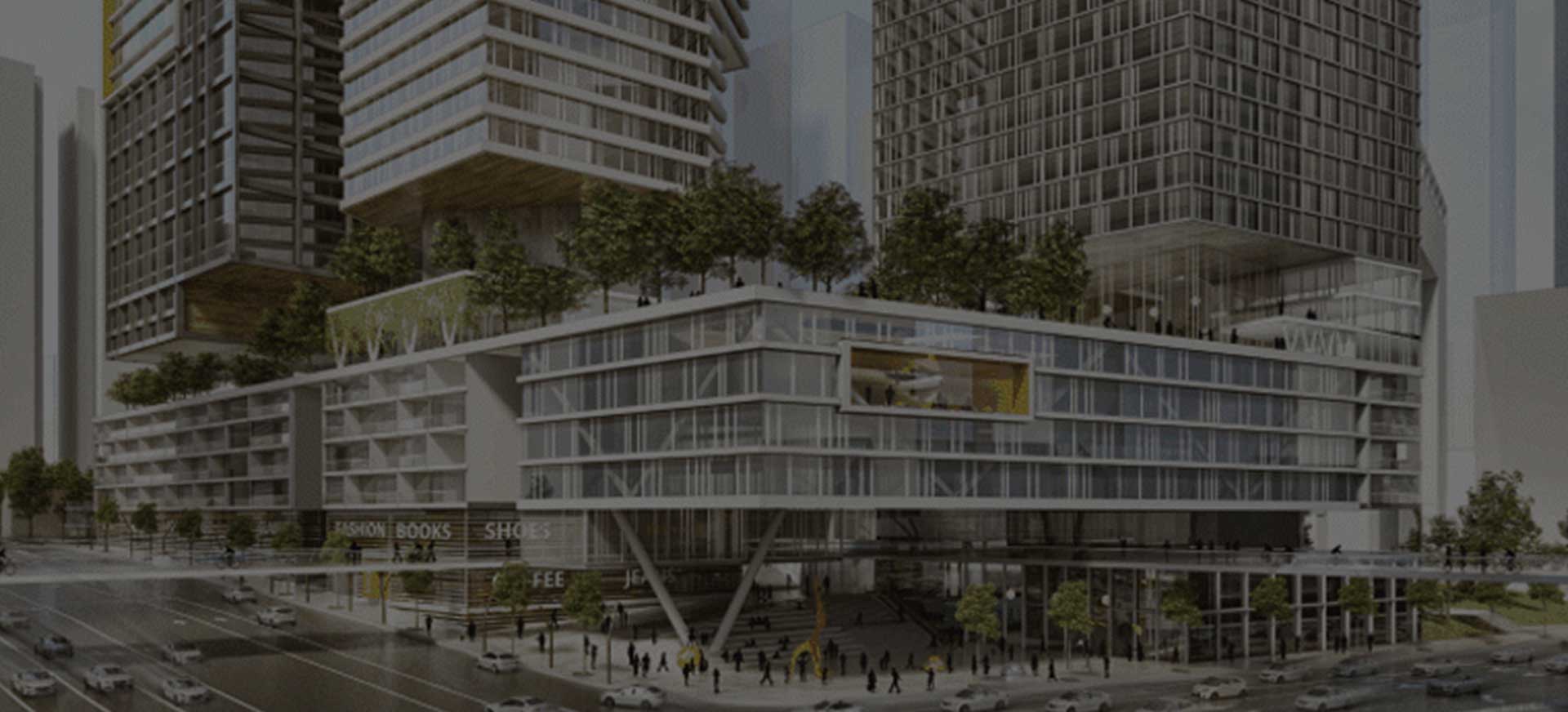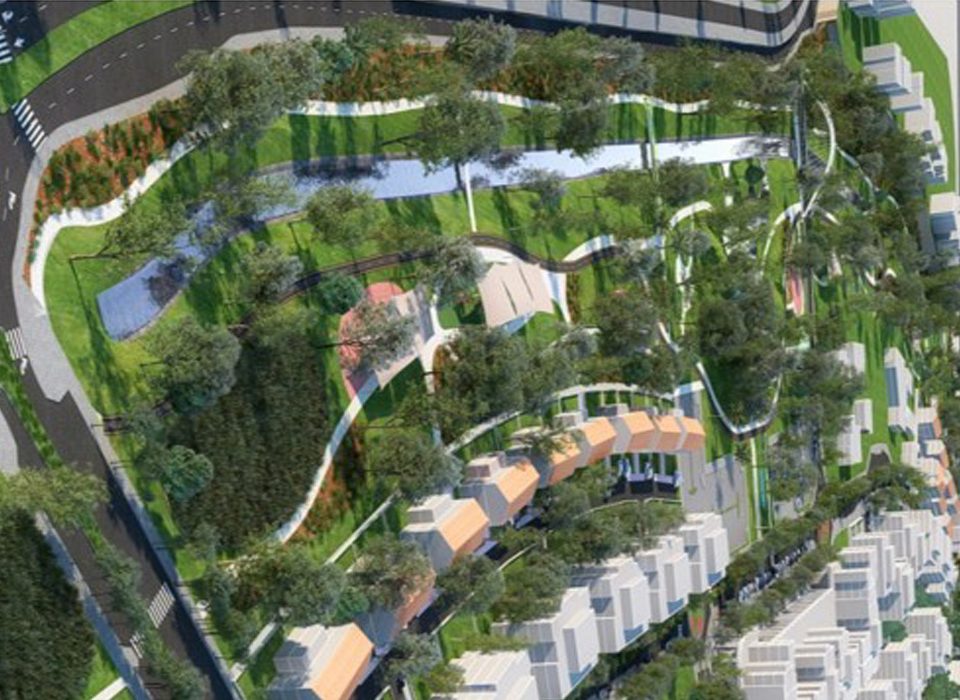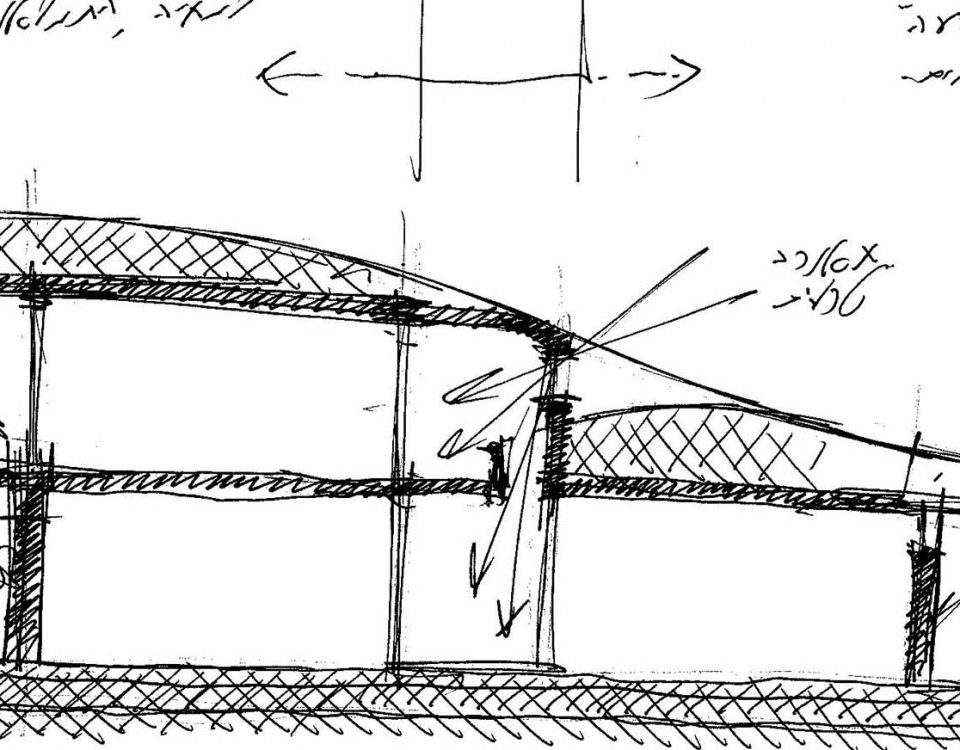
WAWA celebrates 10 years
28 בApril 2019
LEED and the UN Sustainable Development Goals
31 בMay 2021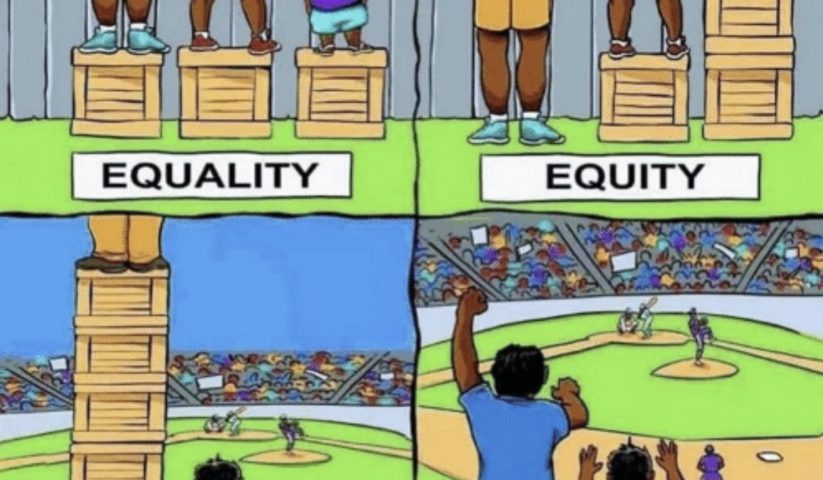
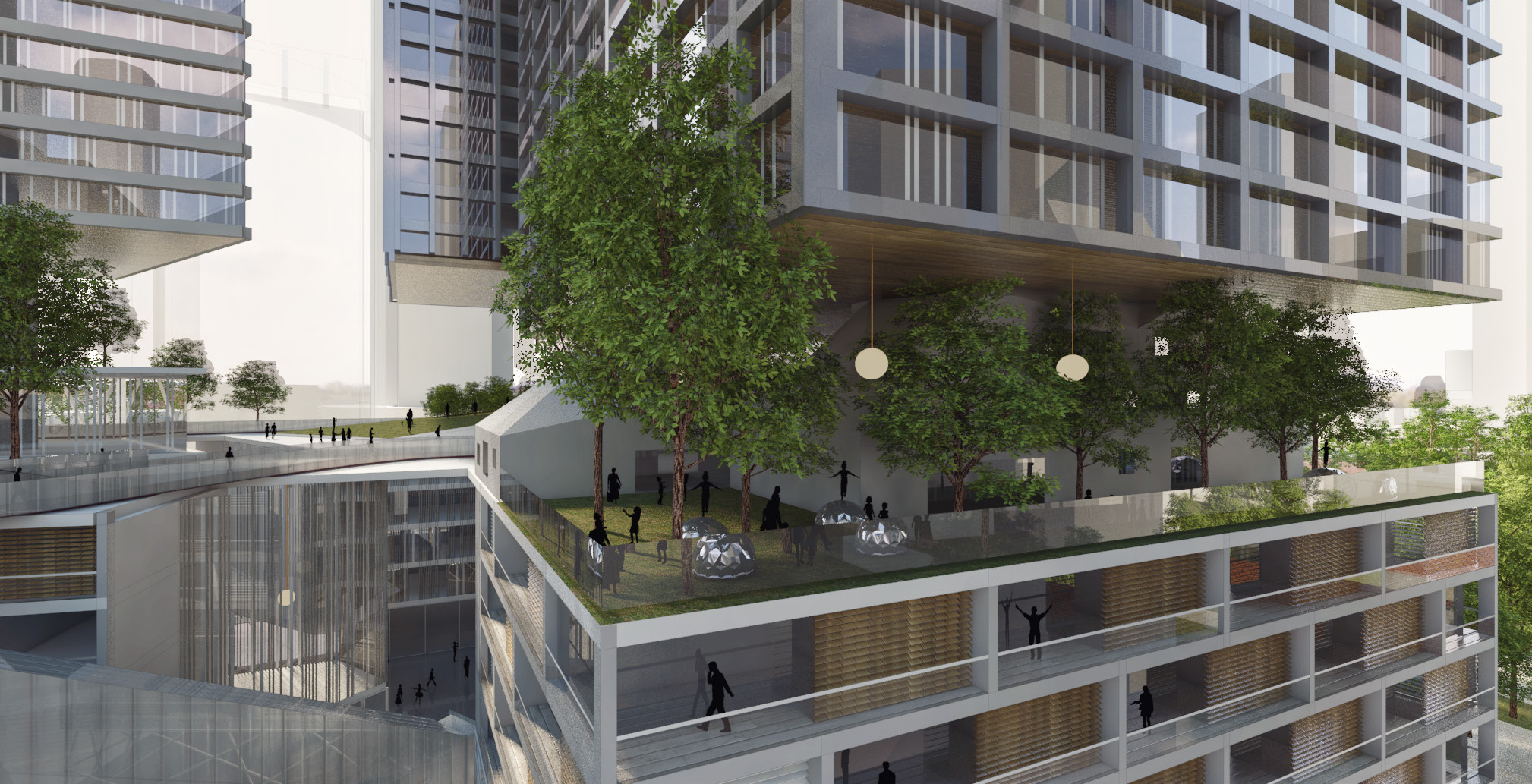
Social Equity and LEED
WAWA has been promoting social equity for a decade including serving on the LEED Social Equity Working Group and meeting with Mahesh Ramanujman, USGBC CEO, in Washington, DC to craft ideas about USGBC's equity initiatives. Currently, we serve as social equity experts on the LEED Technical Committee. We also led discussions at the USGBC Resilience Summit at Greenbuild 2018 in Atlanta and co-facilitated the first USGBC Equity Summit in May 2020.
Concerning LEED in Israel, WAWA is directing the first LEED certification in Israel's Arab society, Sakhnin Innovation Campus, in the Galilee.
Perhaps you've been hearing about "social equity" over the past few years but wonder, what is it?
Social equity implies fair access to livelihood, education and resources; full participation in the cultural life of the community; and self-determination in meeting fundamental needs.
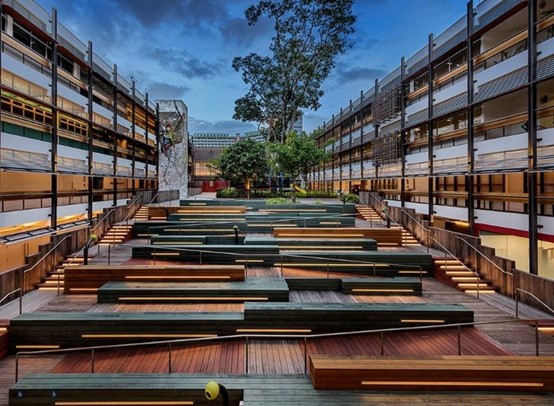
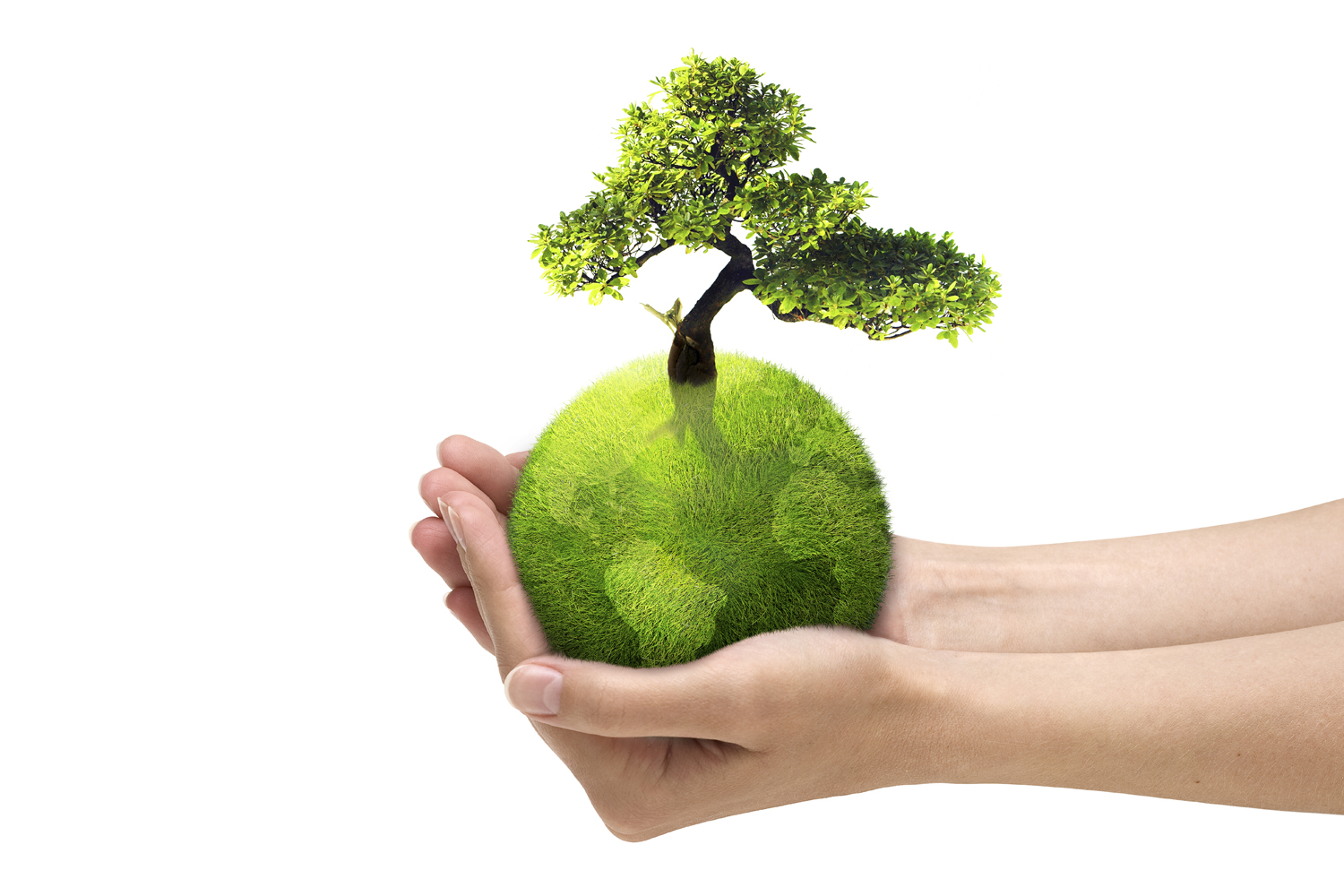
Today, our reality reflects the fact that, some people have an extreme advantage while others are disadvantaged. In the equality, the resources have been equally distributed, but that still doesn't meet everyone's needs. Equity means that the resources have been allocated according to need so that everyone gets to participate. And finally, the image on the right is of social justice. We believe that it is important to strive for equity, but in parallel, we must always be working to tear the fence down!
How does this relate to LEED and green building?
The U.S. Green Building Council (USGBC) created the LEED Social Equity Working Group in 2010 and in 2014, released 3 LEED Pilot Credits addressing social equity in the project team, community, and supply chain.
Equitable Project Teams – this category addresses social equity in the development team (the owner, architects, engineers, etc.) and in the construction team. We consider the good governance practices of the owner organization,
- diverse / minority involved in the design team,
- Construction workers are properly compensated, protected, and benefitted.
Equitable Process – It promotes data collection and analysis, such as environmental justice assessment and demographic analysis. And it also promotes community engagement and stakeholder involvement through an extensive, transparent and inclusive process.
Equitable Design – this category addresses the design itself and how it is equitable for all current and future users and occupants and how it addresses the needs and fulfills the wants of the neighboring community. Projects can promote inclusive design by incorporating strategies and technologies that accommodate users of differing abilities and spaces that support emotional health.
Equitable Supply Chain – Addresses issues related to the communities and the workers in our global supply chain, or the way that goods and products are grown, harvested, processed, manufactured, shipped and delivered from origin to our homes and offices. Strategies here help to protect human rights.
USGBC is continuing to advance social equity in the LEED green building rating system. We believe that future versions of LEED will see social equity addressed formally in the main credits and not only in the LEED Pilot Credits.
Written by: Jennifer Sheffield
